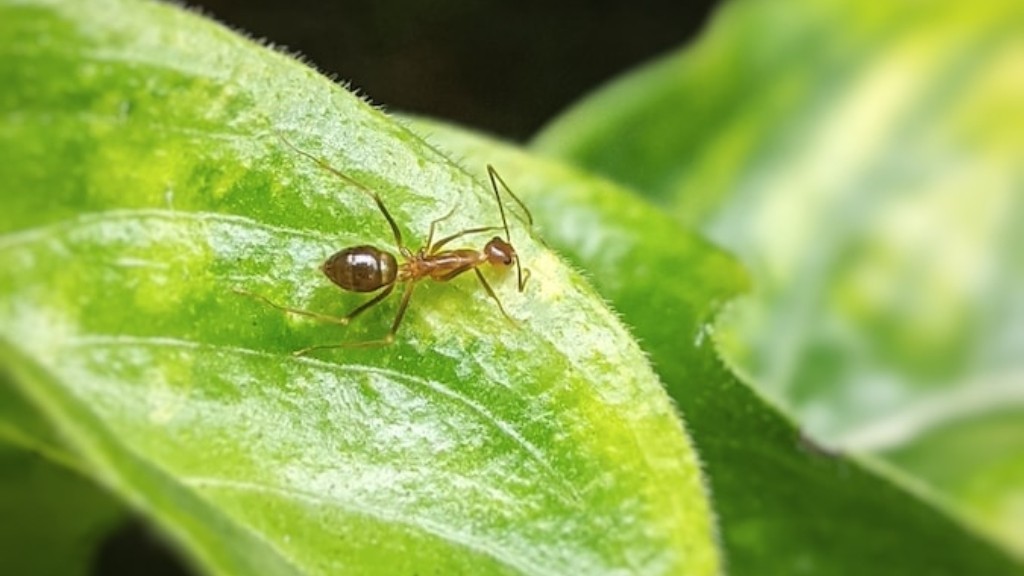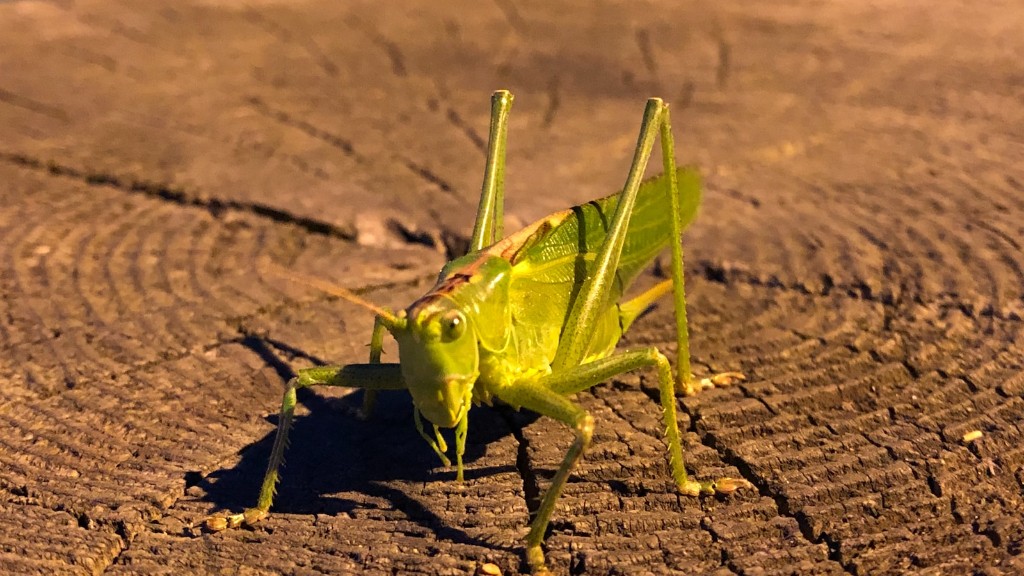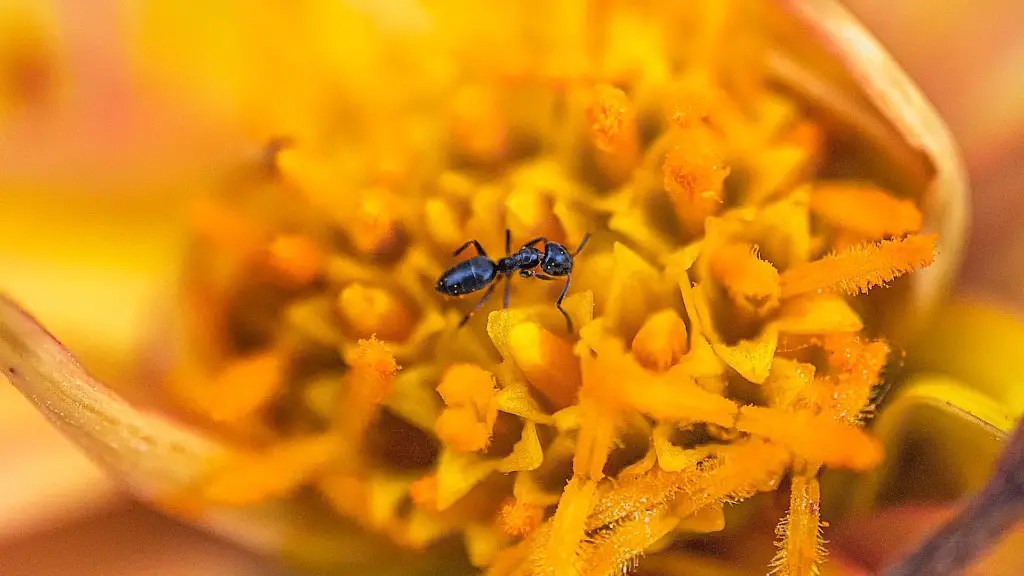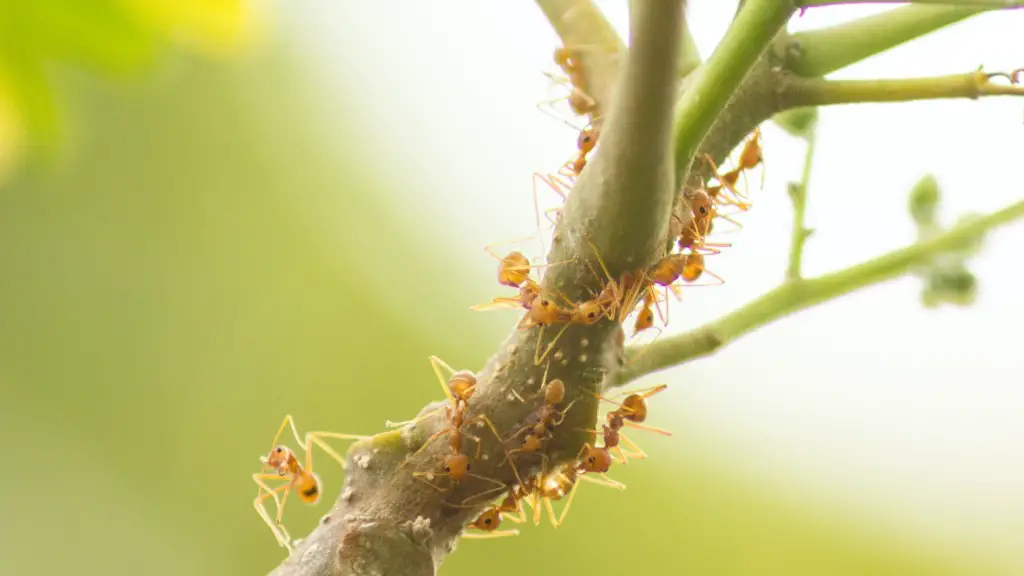Natural Repellents for Ants
Many new construction homeowners face the issue of an ant infestation. Before trying any other methods, an easy and safe solution is to use natural ant repellents. Peppermint, cayenne pepper, garlic and chilli pepper can all be used effectively. Peppermint and cayenne pepper are particularly effective – sprinkling them around the perimeter of the home and applying a light coat inside the walls and flooring can prevent ants from entering your home. Garlic and chilli pepper are also effective, but they should be used sparingly and their smell can be difficult to live with.
Insecticides
If a natural ant repellent doesn’t work, then it’s time to consider an insecticide. It is important to research the product thoroughly before selecting an insecticide – read the label to make sure you select the one that is appropriate for your home and safe to use around pets and children. Once you have selected an insecticide, simply follow the instructions and apply it at the points of entry. If your ant problem persists, then you can use a baiting solution.
Baiting Solutions
Baiting solutions work by luring ants into the bait and then killing them with the insecticide. This type of solution not only kills the ants, but also any eggs and larvae that may have been left behind. It can be very effective in eradicating an ant problem, however, it’s important to use the bait sparingly – too much can attract more ants. It’s also advisable to purchase ant bait traps, which keep the bait away from the reach of pets and children.
Thorough Cleaning
When it comes to dealing with an ant problem in a new construction home, cleaning is paramount. Make sure to thoroughly clean the kitchen and living areas. Vacuuming floors and carpets is recommended, as ants often leave bits and pieces of food lying around. This will help to remove any attractants that ants would be drawn to. Additionally, wipe down shelves, counters and other surfaces with a damp cloth, making sure to get into all the hard to reach places.
Eliminating Entry Points
To keep ants out of your new construction home, look for and eliminate any possible entry points. This might involve caulking and sealing cracks, holes, and crevices that ants may be using to gain entry. Additionally, look for potential access points in the roof, walls and foundation of the home, and patch them up. Sealing any of these potential entry points not only eliminates ant problems, but will also help to improve the energy efficiency and reduce the bills.
Outdoor Exclusion
Once you have solved the problem of ants in the home, you should focus on preventative measures. Keeping shrubs and trees trimmed and away from the foundation of your home will help to prevent ants from entering. Additionally, examine your lawn and remove sources of standing water, as ants are attracted to standing water. This can be achieved by properly draining areas around your home, avoiding overwatered lawns and fixing broken sprinklers.
Chemical Barriers
In addition to the previous methods, one of the best ways to keep ants out is to establish a chemical barrier. This can be done by applying insecticides or repellents to the perimeter of your home. Make sure to follow the instructions on the insecticide label and reapply the treatment as necessary. For maximum effectiveness, the insecticides and repellents should be applied over a 3-4 foot boundary around your home, making sure to hit all potential areas of access.
Pest Control Professionals
If all of the above methods fail to get rid of the ants, then it’s likely that you’re dealing with a more serious issue. In this case, it is recommended to turn to the professionals for help. Experienced pest control companies have the knowledge and equipment to tackle even an entrenched ant infestation. Plus, they can identify the species of ant and plan a tailored approach to your ant problem.
Regular Inspections
Once all of the above methods have been employed, it is important to keep up with regular home inspections. Take the time to check the perimeter of your home regularly to see if there are any holes or spaces that ants could be using to access your home. Additionally, inspect the interior of your home, looking for any potential ant nests. Taking these steps will help to keep ants away and enjoy a pest-free home.
Professional Extermination
If regular inspections reveal an ant infestation, then it is important to contact a professional exterminator immediately. Experienced pest control professionals can quickly identify the species of ant and determine an effective approach for eliminating the infestation. They can also provide advice on how to keep ants away in the future, so it’s worth asking for their advice.
DIY Solutions
If you want to tackle an ant problem yourself, then there are some effective DIY solutions. Using a mixture of vinegar and dish soap can be effective in killing ants. Simply mix the two ingredients together in a spray bottle and spray directly onto ant nests, as this will dehydrate and kill them. You can also use borax and sugar to make a delicious ant food – mix the two ingredients together and spread in areas around your home. It is an effective solution, however, you should be aware that it can attract other pests too.
Inspection and Treatment Services
In addition to DIY solutions, you can also opt to use an inspection and treatment service. Good pest control companies can investigate and identify the source of the ant infestation before planning a tailored elimination and prevention plan. This plan might involve the use of insecticides, natural exterminators, baiting solutions, exclusion techniques and preventive services. A professional can also make sure that the plan is safe for both you and your family.
Closing Doors and Windows
Finally, it is important to make sure that doors and windows are closed when not in use. This includes screens, as ants will often use even the smallest cracks to gain entry. Additionally, inspect all of the doors and windows to ensure that there are no cracks or holes they can use to access the house. Taking these steps will help to limit the possibility of ant infestations in the future.



